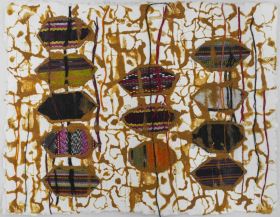In a recent paper by Angelos Delivorrias, Director of the Benaki Museum in Athens, the history of the Parthenon Marbles is re-visited, and the struggle to preserve and repatriate this cultural treasure is ongoing. This paper was delivered at a conference in Australia by Dr Stavros Vlizos, archaeologist and assistant to the director of the Benaki Museum, in Mr Delivorrias’ absence.
I shall try to summarise as succinctly as possible the individual remarkable episodes in the adventure of the Parthenon, the monument that crowns eternal the sacred rock of Athens and transmits its symbolic messages on wavelengths of ecumenical ambit. And in so doing, I cannot help but note that this adventure in a strange way recalls the dramatic epic of mankind in its double struggle for expression and survival. The Parthenon’s history begins long before building works commenced in 448 BC, from when the legislative interventions of Solon, the manifestations of the tyranny that followed and the reforms of Kleisthenes modeled as ideal a state formation without precedent. From when the new-born and first-born Athenian Democracy, together with the Persian plot, warded off the dangers of despotism and theocratic monarchy, to enjoy straight away its magnificent zenith – its vindication – in the years of Pericles. It has been stressed repeatedly that the ongoing struggle, of which both the architecture and the sculpted decoration of the Classical Doric temple of Athens are the culminant expression, records a historically exemplary transcendence of the dividing line between Matter and Mind, Mythos and Logos, religious expectations and social imperatives, theoretical declarations and practical applications, the past, the present and the future. In any case, the dialectical articulation of the ideological axis of its substance continues to radiate vitally and comfortingly from the official inauguration of the edifice in 438 BC to this day, recording with disarming honesty an existential angst which is supported by something more than the resilience of the Pentelic marble.




